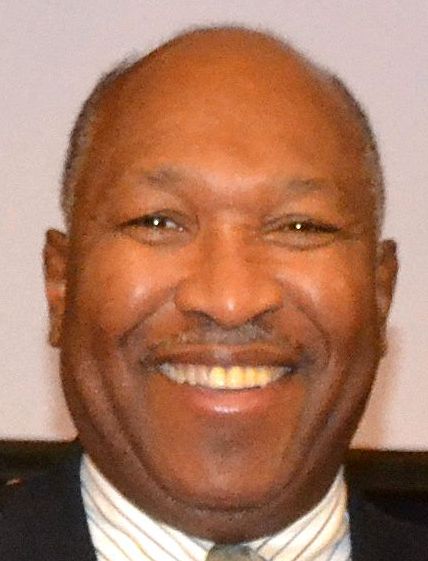Hood participates in Blessed Earth’s Seminary Stewardship Alliance
Published 12:00 am Saturday, September 27, 2014
Interest in caring for the environment is cropping up in all kinds of places, including at some of America’s largest and most prestigious seminaries. While care for the environment has been a much-debated topic in the political sphere, it is now gaining positive traction in America’s theological training institutions. One example of this growing movement is Blessed Earth’s Seminary Stewardship Alliance, which met Sept. 11-13 in Winston-Salem.
Representatives from Hood Theological Seminary joined those from the other member seminaries from the U.S., Scotland and Australia. The purpose of the conference was to equip seminaries to integrate creation care and Sabbath values into their courses and campus cultures, with the hope that the seminarians who graduate from these institutions will share these values to the churches they pastor.
Of the approximately 65 attendees at the gathering, eight are presidents and deans and the remainders were top-level faculty, administrators and students. Keynote speakers included Bob Russell (retired mega-church pastor, Southeast Christian Church), Dr. Vergel Lattimore (president, Hood Theological Seminary), Dr. Sandra Richter (Old Testament professor, Wheaton College), Dr. Gail O’Day (dean, Wake Forest University School of Divinity) and Matthew Sleeth, M.D. (executive director, Blessed Earth).
The alliance grew out of conversations between Sleeth and seminary leaders across the country. After being encouraged by work with Dr. Timothy Tennant at Asbury Theological Seminary in Kentucky, Sleeth was inspired to form an alliance with other seminaries to provide a support network for sustainability efforts.
He drafted the SSA Covenant in partnership with Tennant and Dr. Richard Mouw of Fuller Theological Seminary in California. In April 2012, the SSA was launched in an Earth Day signing ceremony at the National Cathedral in Washington, D.C.
Five of the consortium members are North Carolina institutions — Wake Forest University School of Divinity, Hood Theological Seminary, Gardner-Webb University School of Divinity, Southeastern Baptist Theological Seminary, and Duke Divinity School.
“I was honored to be one of the keynote speakers,” said Lattimore, Hood Seminary president. “My presentation addressed A Pastoral Care Perspective on Creation and Sabbath: Affirming the Biosphere and the Self. We look forward to learning and sharing through our collaboration with the SSA and to continue to develop programs within our seminary community to integrate creation care and Sabbath living as campus values.”
Hood Theological Seminary has advocated for sustainability and creation care most recently through the construction of The Aymer Center, a new multi-purpose facility that incorporates many elements of sustainable design, such as construction waste management, development density and community connectivity, and energy efficient materials and resources.
Several years ago, the seminary initiated a campus-wide recycling program. Among the recycled materials are aluminum cans that are donated to the Rowan County Cancer Fund which provides financial assistance for cancer treatment expenses for those in need in the county.
Since the opening of the Aymer Center, the cooking oils from the kitchen have been recycled for processing into biofuels. In the coming months, the seminary hopes to increase sustainability and creation care efforts through composting for the seminary garden and expanding that garden to provide more locally grown vegetables to the seminary community.
The two supporting liaisons from Hood Seminary to the SSA are Dr. Dora Mbuwayesango, dean of students and professor of Old Testament and languages, and Carol Palmer, director of communication, information and publicity. If you have questions on Hood Seminary’s involvement with the alliance, contact the liaisons: dmbuwayesango@hoodseminary.edu or cpalmer@hoodseminary.edu.
Hood Theological Seminary, located 1810 Lutheran Synod Drive, is a graduate and professional school where intellectual discourse and ministerial preparation occur in tandem within the framework of a community of faith. Its student body currently comprises persons from many different denominations. Accredited by the Association of Theological Schools in the United States and Canada, the Seminary is sponsored by the AME Zion Church and approved by the University Senate of the United Methodist Church.



